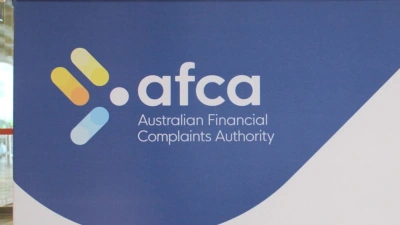ASIC breach guidance leaves room for subjectivity


The corporate regulator’s guidance on the incoming breach reporting regime leaves for subjective assessments of breaches by Australian financial services (AFS) licensees, according to the Australian Institute of Superannuation Trustees (AIST).
In its submission to the Government on breach reporting, AIST said while the scope of breaches or likely breaches of core obligations in the draft guidance had a level of objectivity there was room for subjective assessment.
“There is a risk that a lack of more granular guidance on what must be reported to ASIC [the Australian Securities and Investments Commission] may result in licensees inadvertently breaching their obligations as they may interpret guidance differently to how ASIC might do so,” the submission said.
“A breach or likely breach of a core obligation captures a wide range of scenarios and includes any contravention of a civil penalty provision.
“Considering the scope of civil penalty provisions and what may amount to trivial breaches, AIST considers that high-level guidance does not provide sufficient objectivity to assist AFS licensees determine if a breach or likely breach of a core obligation is a reportable situation. AIST supports measures that enhance breach reporting but notes that there is scope in Draft RG 78 for additional and targeted guidance on what constitutes ‘core obligation’.”
AIST said there needed to be guidance on how to determine whether a breach or likely breach of a core obligation was “significant”.
“Significance’ is not defined, and although we welcome the intent of objectivity by the introduction of ‘deemed significance’, the broad scope of civil penalty provisions leaves room for specific examples or case studies using one of the many civil penalty provisions outlined in the Corporations Act,” AIST said.
“In relation to ‘deemed significance’, we acknowledge its objective application to investigations that take more than 30 days, but would welcome further clarity and guidance on the ‘material loss or damage’ aspect, in particular more examples of what constitutes ‘material loss or damage’ both in financial and non-financial terms given that any such loss could result in a breach being deemed significant.”
Recommended for you
A Sydney financial adviser has been permanently banned from providing any financial services, with the regulator deriding his “lack of integrity, trustworthiness and professionalism”.
Three months on from the first Insignia Financial bid from Bain Capital, what developments have taken place and how have the firm’s shareholders benefitted?
The Australian Financial Complaints Authority has shared how much its member fees will rise in the next financial year.
Advisers may say they struggle to meet their ethics CPD requirements, but the learnings are paying off as research finds it has helped to reduce adviser misconduct and financial fraud.














